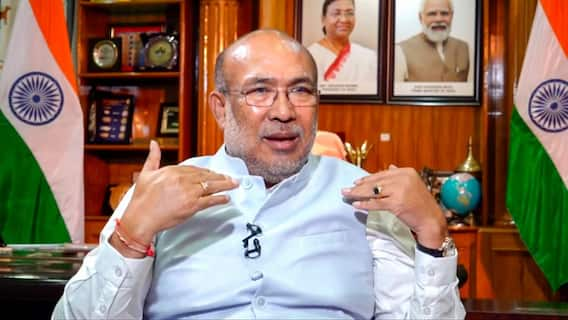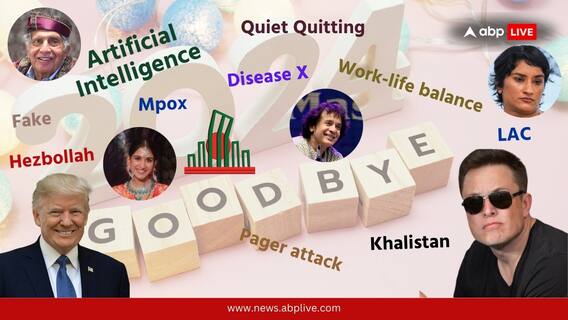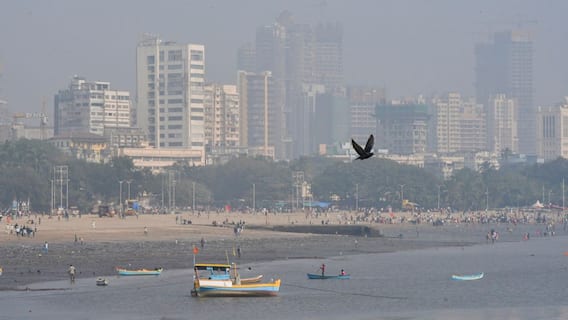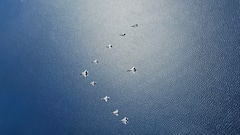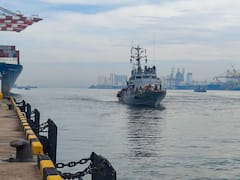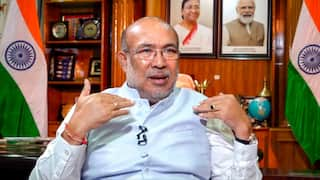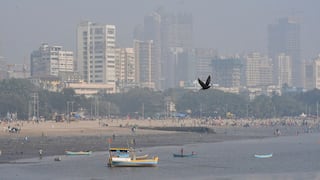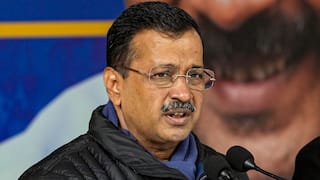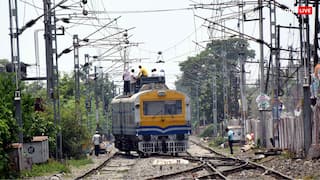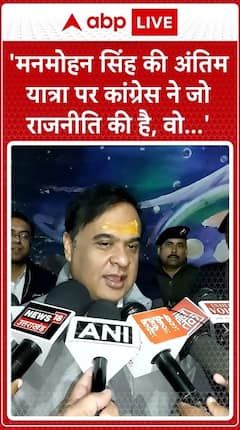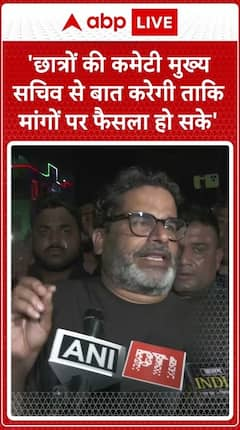In A First, India And Africa To Hold Joint Military Drill In March: Army Chief Gen Manoj Pande
On the sidelines of the India-Africa joint military exercise, there will be an ‘Army Conclave’ of the army chiefs of all African nations. The CoAS said this will give a boost to Indian Army’s long-term plans to give a boost to military diplomacy.

New Delhi: In a first, India and Africa will be holding a joint military exercise in order to strengthen their security cooperation and take the strategic ties to the next level, Army Chief General Manoj Pande said. The joint military drill will be taking place in March in Pune, the Chief of Army Staff said ahead of the Army Day on 15 January. He said this will also give a boost to the Army’s long-term plans to give a boost to military diplomacy.
“The exercise with the African countries will take place in March and the location is Pune. They will initially be at the platoon level and the scope of these exercises will increase,” he said at a press conference on Thursday.
He added that all countries of the African continent have been invited and the army chiefs of the invited countries will hold a conclave on the sidelines of the drill.
The first-ever military drill, officials said, is an outcome of the last India-Africa Defence Dialogue (IADD) that was held in Gandhinagar, Gujarat, during the DefExpo 2022.
Defence Minister Rajnath Singh had said at that time: “India remains united with African countries in their quest for peace, security, stability, growth and prosperity. Our partnership with Africa is centered on the ten guiding principles articulated by Prime Minister Shri Narendra Modi during his address to the Parliament of Uganda in 2018.”
The defence minister had also said during the last DefExpo that Africa will be at the “top of our priorities”.
“We will continue to intensify and deepen our engagements with Africa. Apart from the goals of developmental, commercial and technological partnerships that India wants to forge with African nations, the statement also covered cooperation in strengthening capabilities in combating terrorism and extremism, supporting UN peacekeeping missions and work for open and free oceans,” he had said.
Some of the key focus areas for both sides are defence engagements, including capacity building, training, cyber security, maritime security in the Indian Ocean region and counter-terrorism.
READ | China Border 'Unpredictable', 'Slight Increase' In PLA Deployment: Army Chief Manoj Pande
Joint Maritime Exercise With African Countries
In March 2019, India held its first-ever joint exercise with African countries, Africa-India Field Training Exercise-2019 (AFINDEX-19), which saw participation by 17 African countries. This was also held in Pune.
However, both sides have developed maximum synergy in the maritime security domain keeping in mind India’s SAGAR (Security and Growth for All) with a special focus on Seychelles and Mauritius.
In October 2019, Indian, Brazilian and South African navies participated in a joint multinational maritime exercise – IBSAMAR.
“Military vehicle export is another area where India can collaborate with Africa. Indian military vehicles manufacturers such as Tata Motors and Ashok Leyland are already part of the network,” says a report by Vivekananda International Foundation.
Diplomatically too, India and Africa have been upping their relationship with 18 new Embassies opened across the African continent since 2018, taking the number of total Indian missions and posts to 49.
External Affairs Minister S. Jaishankar last year said while launching a book — India-Africa Relations: Changing Horizons — by veteran diplomat Rajiv Bhatia: “Today, our ties too must respond to the volatile and uncertain world that we confront. There are important lessons to be learnt from the pandemic disruption. The stresses from the knock-on effects of the Ukraine conflict are also relevant. India and Africa can come together in the building of reliable and resilient supply chains.”
He added that India and Africa are “important hubs in the decentralized globalization that is so needed by the international community.”
ALSO ON ABP LIVE | Explained: ‘Global South’ That India Looks To Be The Voice Of As G20 President
Trending News
Top Headlines






